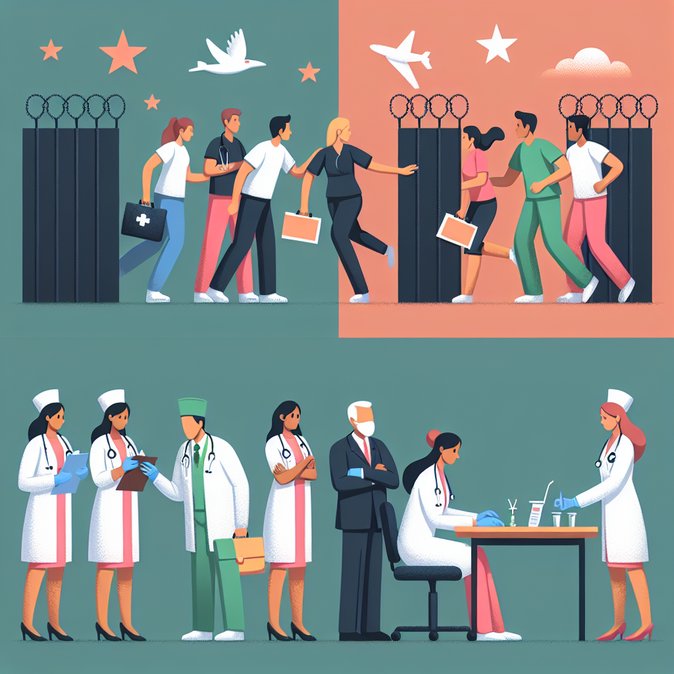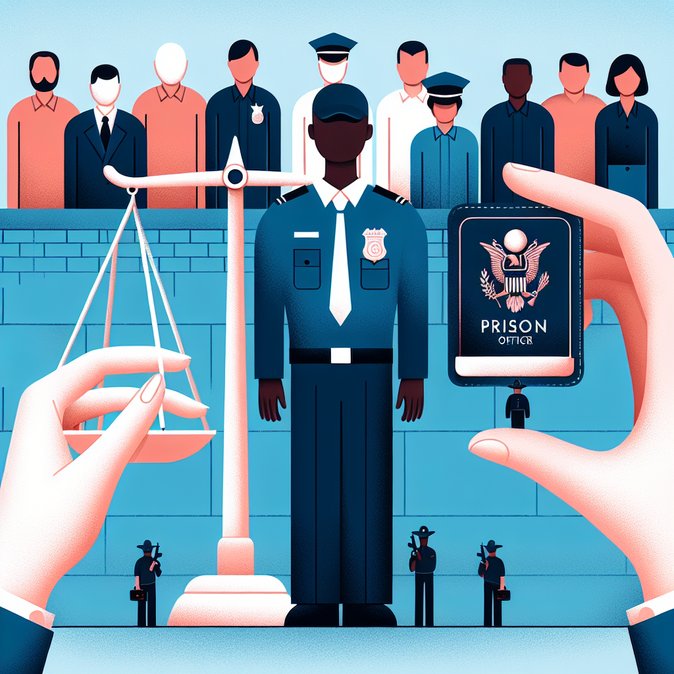
NHS Employers has issued last-minute guidance ahead of wording changes to the Immigration Salary List (ISL) that come into force on 11 November 2025. Although the ISL is being phased out by 2026, occupations on the list can still be sponsored below the general £41,700 Skilled Worker threshold, provided they meet occupation-specific minima.
Key amendments add clarifications to SOC 6131 (nursing auxiliaries and assistants), limiting its use to settings where registered nurses or other healthcare professionals are present. Laboratory technicians (SOC 3111) now qualify for below-threshold recruitment only where roles require at least three years’ relevant experience. Pharmaceutical technicians (SOC 3212) and several care-management roles also join the expanded list.
![Health Sector Braces for 11 November Immigration Salary List Update]()
For NHS trusts and private providers, the timing is tight. From 11 November, Certificates of Sponsorship already assigned must reflect the revised wording or risk refusal. Sponsors must ensure salary offers hit either the new occupation-specific floor or the discounted ISL rate of £25,000 for Health & Care visas (or £33,400 for general Skilled Worker applicants post-April 2024).
The guidance reminds employers that dependants of workers switching into below-graduate roles after 22 July 2025 will no longer have an automatic right to work—crucial for workforce planning in rural areas that rely on family labour. Providers should also note that immigration and visa fees rose by 7 per cent in April, and Certificate of Sponsorship charges more than doubled to £525.
Practically, HR teams must audit open recruitment campaigns, update job adverts and prepare to re-issue paperwork where SOC descriptions have tightened. Failure to do so could result in visa refusals, project delays and potential jeopardy for sponsor licences.
Key amendments add clarifications to SOC 6131 (nursing auxiliaries and assistants), limiting its use to settings where registered nurses or other healthcare professionals are present. Laboratory technicians (SOC 3111) now qualify for below-threshold recruitment only where roles require at least three years’ relevant experience. Pharmaceutical technicians (SOC 3212) and several care-management roles also join the expanded list.

For NHS trusts and private providers, the timing is tight. From 11 November, Certificates of Sponsorship already assigned must reflect the revised wording or risk refusal. Sponsors must ensure salary offers hit either the new occupation-specific floor or the discounted ISL rate of £25,000 for Health & Care visas (or £33,400 for general Skilled Worker applicants post-April 2024).
The guidance reminds employers that dependants of workers switching into below-graduate roles after 22 July 2025 will no longer have an automatic right to work—crucial for workforce planning in rural areas that rely on family labour. Providers should also note that immigration and visa fees rose by 7 per cent in April, and Certificate of Sponsorship charges more than doubled to £525.
Practically, HR teams must audit open recruitment campaigns, update job adverts and prepare to re-issue paperwork where SOC descriptions have tightened. Failure to do so could result in visa refusals, project delays and potential jeopardy for sponsor licences.


